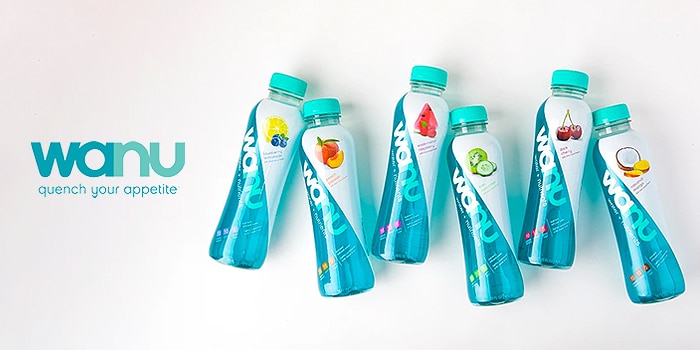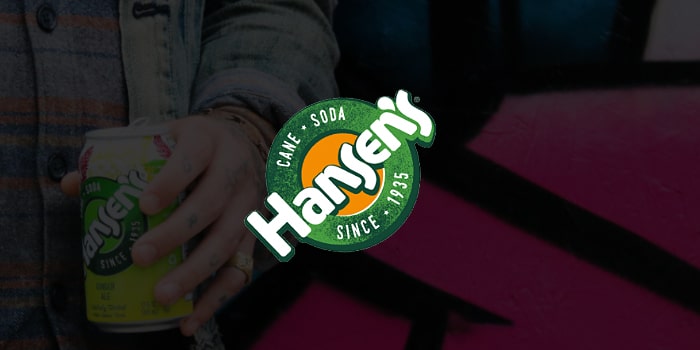Court Tosses Wanu Water Suit in Blow to Founder
A Delaware vice chancellor last week dismissed a lawsuit filed by Wanu Water and its founder and former CEO Todd O’Gara against former director Sheldon Coleman, declaring that the plaintiff failed to sufficiently provide facts to support its claims that Coleman participated in a conspiracy to oust O’Gara from the company.
In a memorandum opinion filed on Friday, vice chancellor Kathleen McCormick stated that “the complaint fails to plead facts” and that O’Gara “may not rely on the conspiracy theory” in pursuing his case. The dismissal affects one case in a series of lawsuits O’Gara filed in 2018 against former directors including Coleman, Sergio Pedreiro and Linn Evans, as well as shareholders Greg Hunter and Jay Binkley. According to an attorney for Wanu Water, a case against Hunter in bankruptcy court in North Carolina is still ongoing. Cases against Pedreiro and Evans were settled last year for undisclosed amounts.
“An attorney for WANU Water has expressed disappointment with Vice Chancellor McCormick’s decision,” the company said in a statement to BevNET. “The company believes the facts in the complaint more than adequately state reasonably plausible claims and reports they are reviewing their options for further review of this decision, including plans to appeal. WANU Water – the maker of the market’s original fiber-focused enhanced water – hopes to continue its current wave of expansion by adding new major retailers in 2020.”
According to McCormick’s opinion, in March 2018 a majority of Wanu’s board, which included Coleman, voted to remove then-CEO Steve Dollase from the company. In response, Dollase, Binkley and Hunter alleged that O’Gara had “inhibited Dollase’s ability to perform as Wanu’s CEO,” while also claiming that he had discovered “an unauthorized certificate” issuing several hundred thousand shares to O’Gara and that O’Gara’s business expenses were “excessive and unsustainable.”
Wanu Water chief legal officer John J. Grbic shared excerpts from a confidential report, authorized by the Wanu Water board of directors and conducted by an independent investigator, with BevNET. The report concluded that Dollase was motivated by personal dislike of O’Gara and that Dollase was “not well liked as a leader.” It also stated that the evidence “supports a finding that Mr. Dollase was informed or had the ability to be informed about many of the issues that he included” in his April 10 email about O’Gara’s expenses and unauthorized stock certificate.
According to an excerpt of the report provided by Grbic, Dollase admitted to the investigator that his comments about company management and O’Gara’s conduct in the email “differed from his initial complaint, such as his access to stock certificates and subscription agreements, or his ability to approve or reject Dr. O’Gara’s expenses.” Dollase also reportedly admitted that “his allegations related to WANU’s ‘hiring practices’ are no more than his disagreement with the positions of two employees” and that he was “informed about the negotiations of an international rights agreement and nondisclosure agreement, even if he disagreed with the way in which they were handled.”
In August 2018, McCormick stated, Binkley and Hunter alleged O’Gara had misrepresented his educational background; according to Grbic, the investigator’s report stated this was false. That same month, according to McCormick, with Wanu in “dire need of cash,” O’Gara opposed a proposed convertible note financing round because it would “dilute his voting power” and came to believe that the deal was designed to allow board members to acquire Wanu shares at a discounted price. Shortly thereafter, Coleman called for O’Gara’s removal. In response, O’Gara removed Coleman, Pedreiro and Evans from the board.
In September 2018, O’Gara filed several lawsuits against the former directors as well as Hunter and Binkley, claiming that the group conspired to remove him from the company and filed counts for breach of fiduciary duty, tortious interference, libel and civil conspiracy. All charges were dismissed.
The suits also named two corporate entities founded by Coleman, Green Lantern Ventures and Lion Consulting, but because the companies are based in California, McCormick declared that the court in Delaware has no jurisdiction over them.
Update 2/19/2020: This section has been updated to include comment from Wanu Water. A previous version of this article incorrectly stated that the dismissal “ends a series of lawsuits,” however a case against Gregory Hunter is still active. It also stated that O’Gara had hired independent counsel to investigate Dollase, however, the company has told BevNET it was the board of directors that hired the counsel.
Jury Rules Against Monster, Coke in Hansen Case
In a blow to Monster Beverage Corporation and The Coca-Cola Company, a California jury last week ruled in favor of the family of Hubert Hansen, the late founder of Hansen’s Naturals, finding that the two beverage giants do not have publicity rights to the Hansen name and must pay $9.55 million in damages.
According to a press release from law firm Johnson & Johnson LLP, which represented Hansen’s grandchildren, the jury found that the companies had “misappropriated” the Hansen name by starting the Hubert’s Lemonade brand and by using Hansen’s life story on its labels. The decision followed a six week trial last fall which included testimony from over four dozen witnesses.
“We are very gratified by the jury’s verdict in this case,” said Jordanna Thigpen, senior counsel at Johnson & Johnson LLP, in the release. “It represents an affirmation of not only our clients’ rights to Hubert Hansen’s name and considerable legacy, but the right of people generally to shut down commercial misappropriation of their names and identities.”
The lawsuit was initially filed in 2016 by the Hubert Hansen Intellectual Property Trust, an organization representing Hansen’s grandchildren, but was later moved to federal court by Coke.
The case revolved around disputed claims over the Hansen name related to two separate corporate entities: Hansen’s Naturals founded in the 1930s by Hubert Hansen and Hansen Foods, an offshoot founded in the 1970s by Tim Hansen. Hansen Foods was acquired by California CoPackers following a bankruptcy which later sold the company in 1992 to soon-to-be Monster Energy co-founders Rodney Sacks and Hilton Schlosberg. In 2015, Coke acquired all non-energy products owned by Monster, including Hubert’s Lemonade.
In court, the Hansen family argued that because Hansen Foods was an offshoot of Hubert Hansen’s original company, it never owned the publicity rights to his name.
“We had an incredible team who achieved this result through resolute dedication and consummate preparation, for a very deserving group of clients who have helped shape Southern California’s beverage economy for decades,” said Johnson & Johnson senior partner Neville Johnson in the release.
LaCroix Wins ‘Natural Ingredient’ Suit After Plaintiff Retracts Claims
LaCroix maker National Beverage Corp. declared victory today in a class action lawsuit after the plaintiff retracted allegations that the sparkling water brand was falsely advertised as “100% natural.”
Plaintiff Lenora Rice, working with law firm Beaumont Costales LLC, filed the suit in 2018 in the U.S. District Court for the Northern District of Illinois. The complaint alleged that laboratory testing commissioned by the firm found synthetic ingredients in LaCroix beverages, including ethyl butanoate, limonene, linalool and linalool propionate. The suit drew national attention for its claims that some of the ingredients are used in cockroach insecticide.
According to a letter signed by Rice and Beaumont Costales, the laboratory that conducted the initial tests has now confirmed “that its testing could not, and did not, determine whether the ingredients were ‘synthetic’ and made no finding as to the source of the ingredients it identified.” As well, the letter “did not dispute” that the same ingredients can be naturally sourced. An additional report from a secondary lab confirmed that LaCroix’s ingredients are natural and do not contain synthetic substances, the letter noted.
According to a press release by National Beverage Corp., the case was dismissed with prejudice and cannot be filed again. Rice and her attorneys received no compensation.
“This dismissal confirms our promise to demonstrate that these allegations had absolutely no merit and reaffirms that the Company delivers a pure and innocent product,” a company spokesperson said in the release. “This is a vindication of National Beverage and confirms the assurances we gave to our loyal following of LaCroix consumers, our customers and our shareholders that this lawsuit was baseless.”


